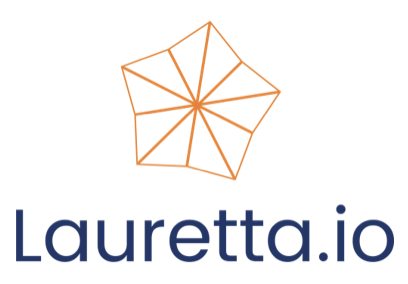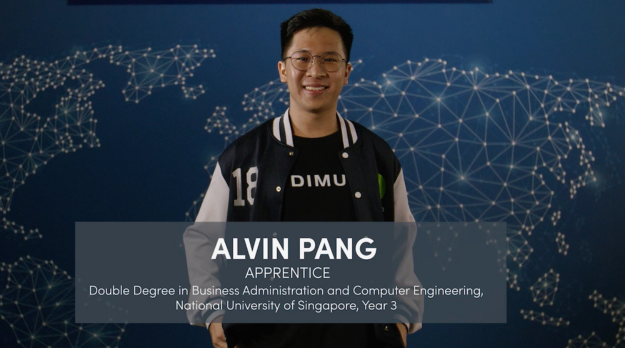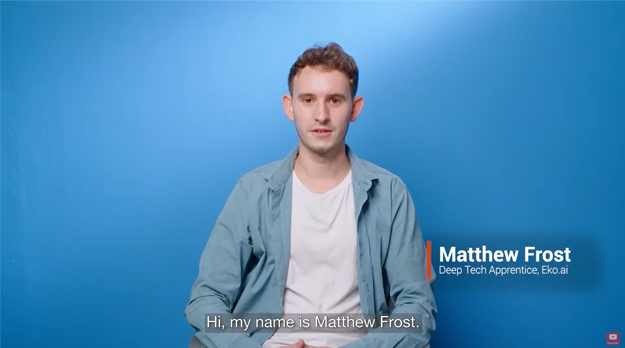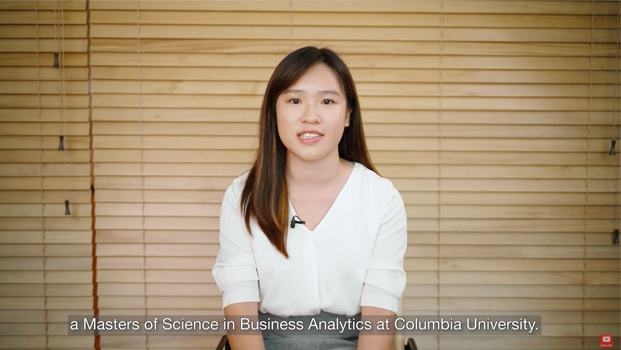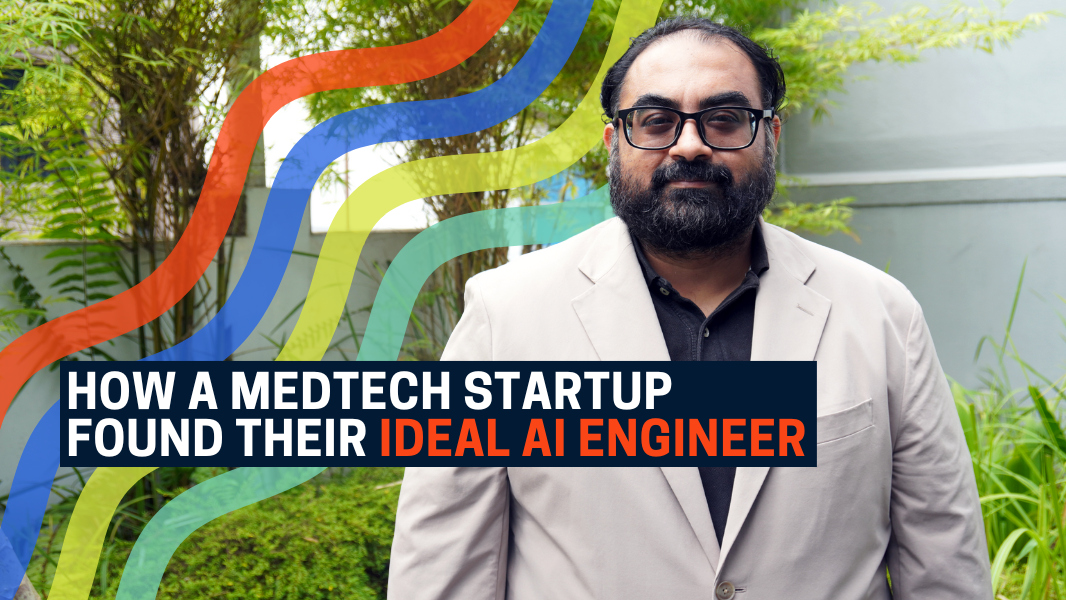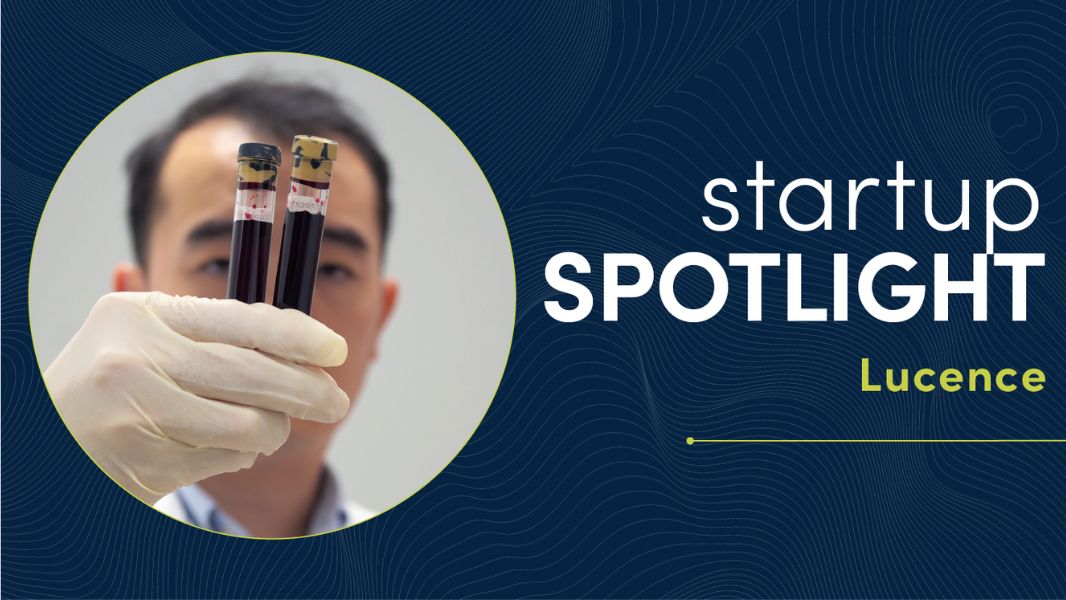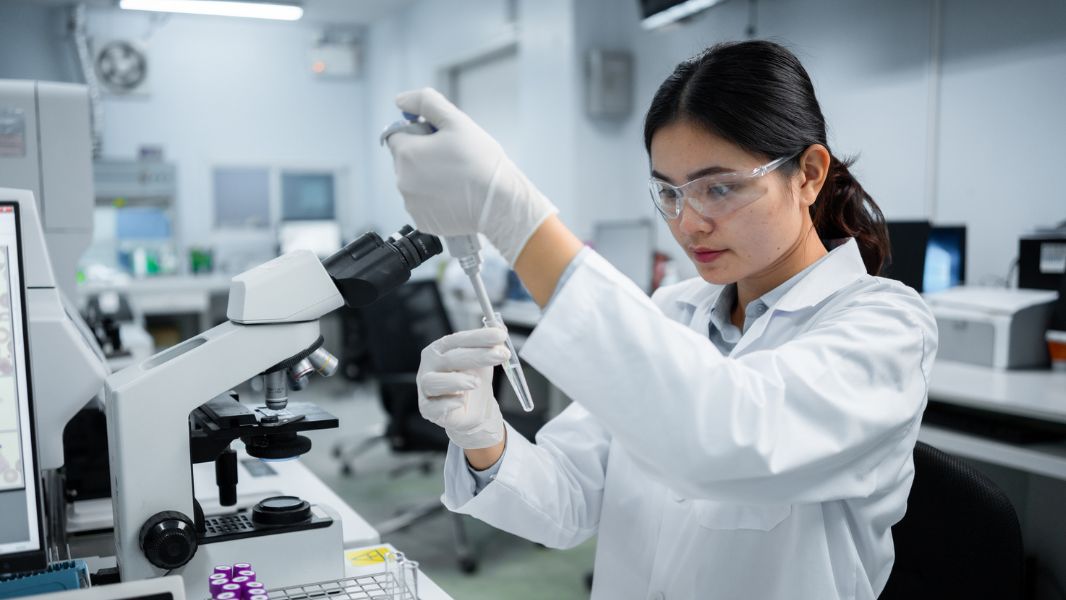SGInnovate Summation Programme For Talent
Beyond a typical tech internship in Singapore, the Summation programme is designed to provide you with a specialised Deep Tech apprenticeship experience. Gain personalised mentorship while honing your skills in the fields of Artificial Intelligence, Biotechnology, Cybersecurity, IoT, Quantum Computing, Robotics, and more.
Work on real-world projects with Deep Tech Startups, and shape globally relevant solutions today.
*Subject to terms & conditions, see FAQs for details
Talent application for the Summation Programme is open all year round now. It is recommended to apply 3 months before the intended start date of the apprenticeship.
Click the button below to apply.
-
3 — 6 Months of Apprenticeship* for Undergraduates, Postgraduates and Fresh Graduates
-
Monthly Award of S$3,000 — S$6,000*
-
Deep Tech Projects
Why Should You Join?
Attractive Award
Earn as you learn. Receive SGD3,000 — SGD6,000* as you work on impactful projects.
Cutting-Edge Projects
Work on exciting Deep Tech projects utilising technologies such as Artificial Intelligence, Machine Learning, Deep Learning, and Blockchain across various industries.
Rewarding Learning Experience with Mentorship
A great opportunity to hone and test your skills, under the guidance of a highly skilled technical mentor.
Networking Opportunities
Get plugged into the Deep Tech ecosystem through exclusive invites to various Deep Tech industry and community events.
Alumni Club
Make new friends and share experiences and learnings with a highly engaged and vibrant community of Summation Alumni through frequent gatherings.
Talent application for Summation is open now. Click the button below to apply.
Apply NowWho Should Join?
Profile
You should be an undergraduate, Master’s or PhD student with universities, or a fresh graduate with < 1-year of working experience.
Skills
Programming skills are required for selected projects, and basic Deep Tech knowledge will be a plus point.
Experience
You should have experience from tech projects, other internships and relevant competitions.
Please check FAQs for more details
Timeline for Summation Programme

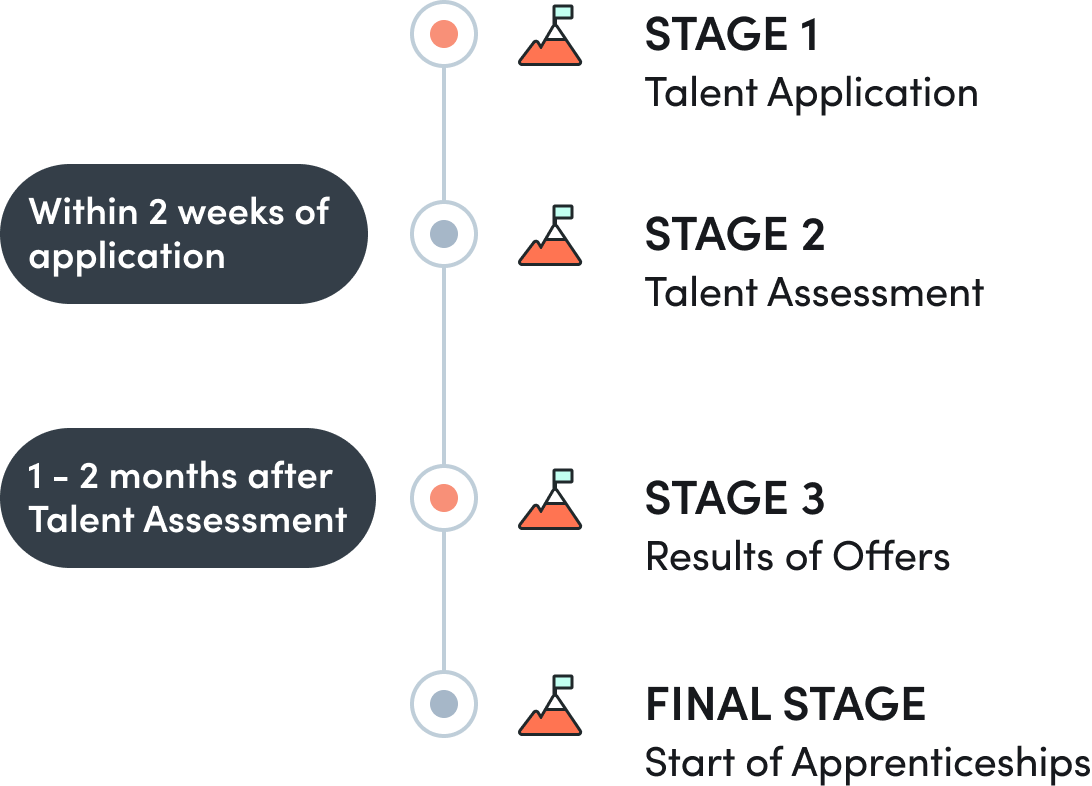
Talent application for the Summation Programme is now open.
Click the button below to apply.
Over 70 Deep Tech Projects to Choose From
Explore projects from AI, AgriFood, Robotics, BioTech, Medtech, Quantum Computing and more.
For a full list of project descriptions, you can check out Deep Tech Central. Talent application for Summation is open all year round, click the button below to apply now.
Testimonials from Summation's alumni

London School of Economics (LSE) Graduate, Finance Summation Alumnus with Holmusk Currently Founder-in-Residence at Entrepreneur First
I was able to pick up and learn things first-hand while also gaining exposure to opportunities that would have been difficult to find elsewhere. Through the apprenticeship, I am more aware of my strengths and weaknesses, where my interests lie and how I can find meaning and fulfilment in my budding tech career.

NTU graduate, Rennaisance Engineering Programme (REP), Mechanical Engineering Summation Alumna with Polybee
The Deep Tech startup culture that I got to experience in the Summation Programme moved me deeply. If you consider yourself a curious student of tech and entrepreneurship, I can confidently say that Summation will be an invaluable experience for you!
Video Library
Latest News
Latest insights
Frequently asked questions
Summation welcomes both local and international students, whether based in Singapore or overseas. For more information, please refer to our FAQs.






